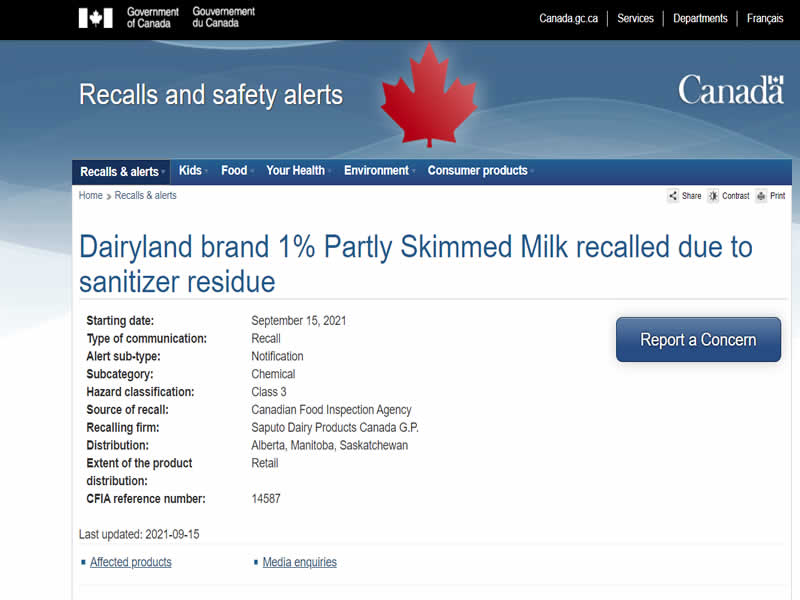A2 milk is a variety of cows’ milk that mostly lacks a form of β-casein proteins called A1, and instead has mostly the A2 form. Cows’ milk like this was brought to market by The a2 Milk Company and is sold mostly in Australia, New Zealand, China, and the United States. It was sold in the United Kingdom between 2012 and 2019. Non-cow milk, including that of humans, sheep, goats, donkeys, yaks, camels, buffalo, and others, also contains mostly A2 β-casein, and so the term “A2 milk” is also used in that context.
What is the difference between A1 and A2 β-casein?
A1 and A2 β-caseins are both proteins, their difference is quite tiny, with only one amino acid difference. This tiny difference can lead to some changes in the small intestine. When A1 protein is digested in the small intestine, it produces a peptide called beta-casomorphin-7 (BCM-7). The intestines absorb BCM-7, and it then passes into the blood. Some researchers have linked BCM-7 to stomach discomfort and symptoms similar to those experienced by people with lactose intolerance. While A2 milk does not have this problem according to these researchers.
That’s also why commercial companies are putting on more advertisements on A2 milk or A2 milk powder in recent years.
References
- The benefits and risks of A2 milk, Medical News Today
- A2 milk, wikipedia

